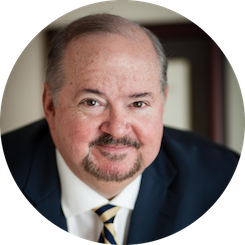Meet team BIG
Without yet knowing the cause of MS, we must cast a wide net. Our collaboration is with renowned Stanford scientists across the spectrum of molecular immunology and protein chemistry, the world’s leading experts in identifying the signals that make the immune system activate and go on the attack. These scientists are varied in their expertise, from T cells to B cells, from biomarkers to cytokines, from proteomics to the gut microbiome, to novel radioligand tracers and advanced imaging. This is Team BIG.
COLLABORATING CLINICIANS AND SCIENTISTS
Jeffrey Dunn, MD, FAAN
Division Chief, Clinical Neuroimmunology Department
Chair, MS Section, American Academy of Neurology
Project BIG Leader and Principal Investigator
Collaborating Institutions
BRAIN — STANFORD MULTIPLE SCLEROSIS CENTER & NEUROIMMUNOLOGY CLINIC
Using a collaborative approach, the clinic works with patients to create a personalized treatment plan manage MS or related neuroimmunologic conditions, increasing independence and enhancing overall wellness. The Stanford Multiple Sclerosis Center is one of two programs in Northern California recognized as a Comprehensive Care Center by the National Multiple Sclerosis Society. The Stanford Neuroscience Health Center offers the most advanced treatments, diagnostics and imaging technologies available, delivered by world-class specialists in neurology, neurosurgery and interventional neuroradiology.
IMMUNE — THE HUMAN IMMUNE MONITORING CENTER
HIMC provides standardized, state-of-the-art immune monitoring assays at the RNA, protein and cellular level, as well as archiving, reporting and data mining support for clinical and translational studies. In partnership with the research community, HIMC also works to test and develop new technologies for immune monitoring.
GUT — STANFORD CENTER FOR HUMAN MICROBIOME STUDIES
The Center for Human Microbiome Studies focuses on enabling and connecting an interdisciplinary network of scientists and leveraging the most advanced technologies to rapidly realize the biomedical potential of the microbes that live within and upon us. The microbiome has a fundamental and continuous impact on human biology, with the capacity to promote health or to cause disease. A primary aim of the center is to develop precision therapies and interventions that target the human microbiome to maintain and restore human health.
FOUNDING Partners
Lily Sarafan, Project BIG Evangelist
Trustee, Stanford University














